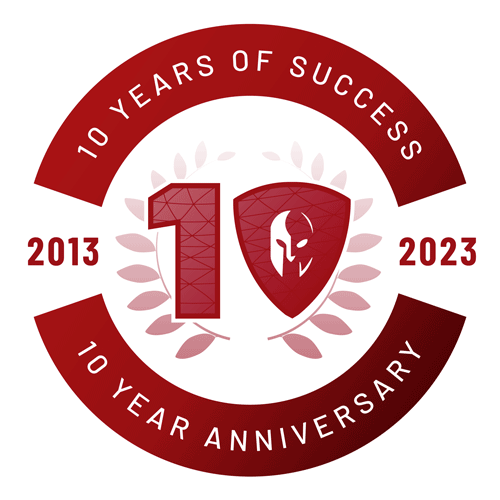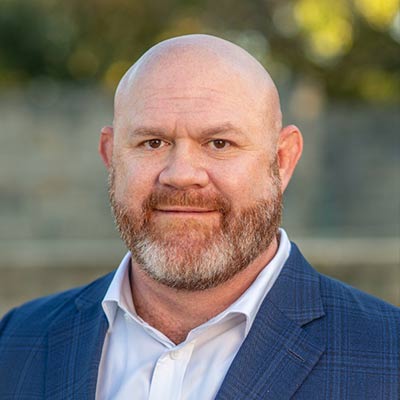Introduction
In an age where digital transformations have rendered geographical borders insignificant and operational efficiencies remarkable, the business world has seen an emergence of an equally significant challenge – cybersecurity. As technologies evolve and businesses become more digitally interconnected, the risk of cyber threats looms large, making cybersecurity a core business concern that extends far beyond the boundaries of an IT department. Consequently, the onus of understanding, prioritizing, and addressing cybersecurity now lies at the top echelons of the corporate hierarchy – within the C-suite.
Understanding the Cybersecurity Landscape
The cybersecurity landscape today is a complex and continually evolving ecosystem. It’s fraught with an array of threats ranging from ransomware attacks and data breaches to phishing attempts and insider threats. As cyber criminals find more sophisticated ways to exploit digital vulnerabilities, businesses find themselves in a relentless race to secure their digital fortresses.
The fallout from a successful cyber attack can be devastating, with implications transcending immediate financial losses. The loss of sensitive information, either customer or company data, can have severe legal repercussions. The reputation of a company can suffer an irreversible blow, leading to a severe erosion of customer trust and goodwill. This wide-ranging impact highlights the necessity for robust cybersecurity measures.
The Crucial Role of the C-Suite in Cybersecurity
The role of the C-suite extends far beyond the traditional realms of business strategy and leadership.
Today, C-suite executives need to spearhead their company’s cybersecurity initiatives as the repercussions of cyber threats can jeopardize their entire business operation. Their perception and attitudes towards cybersecurity significantly influence the company’s culture and policies surrounding this critical issue.
When top executives actively engage with cybersecurity, it sends an empowering message throughout the organization, making every department realize the importance of this shared responsibility. In the absence of such involvement, the company risks cultivating a culture of complacency and indifference towards cybersecurity, leaving itself exposed to potentially devastating cyber threats.
Leading by Example in Cybersecurity
C-suite executives can wield a powerful influence by embodying the cybersecurity policies they advocate. This involves complying with the same cybersecurity measures that they expect the employees to follow. From maintaining robust password hygiene and ensuring secure data handling to displaying vigilance towards potential phishing attempts, these actions create a precedent for the entire organization to follow.
Moreover, C-suite participation in regular cybersecurity training sessions is a potent demonstration of commitment. Not only does it highlight the universal applicability of cybersecurity measures, but it also equips the executives with knowledge about emerging threats and technological defenses. This understanding can significantly enhance strategic decision-making, ensuring that business strategies consider and mitigate potential cyber risks.
Cultivating a Culture of Cybersecurity
The creation of a robust cybersecurity posture goes beyond implementing advanced security software and protocols. It’s about fostering a proactive security culture where employees at all levels understand their role in maintaining cybersecurity. This shift can only be successfully initiated from the top. When executives make cybersecurity an inherent part of business discussions and decision-making, it resonates throughout the organization.
A strong cybersecurity culture involves continual communication about cybersecurity, reinforcing its importance. It’s about rewarding good cybersecurity behavior, encouraging employees to follow best practices, and promoting a learning environment where evolving cyber threats and appropriate preventive measures are discussed openly. This approach fosters a sense of collective responsibility towards cybersecurity and empowers employees to act as a human firewall against cyber threats.
Resource Allocation for Cybersecurity
Understanding cybersecurity’s importance and creating a culture around it must be supplemented with tangible resources. Comprehensive cybersecurity measures necessitate significant investment. This includes procuring state-of-the-art security software, hiring experienced cybersecurity professionals, developing continuous employee training programs, and conducting regular security audits.
As primary decision-makers, C-suite executives play a pivotal role in making these resources available. By committing to these investments, executives make a powerful statement about the company’s dedication to cybersecurity, reinforcing the message to employees, customers, and potential adversaries alike.
Conclusion
In today’s era of digitization, cybersecurity is not a separate entity; it’s an inherent part of every business process and function. A strong cybersecurity posture is not only about mitigating current threats but also about safeguarding the organization’s future. As the driving force behind a company’s strategy and culture, the C-suite’s active involvement in cybersecurity is paramount.
By understanding, endorsing, and investing in cybersecurity, top executives protect their businesses from threats and secure their long-term success. In essence, embracing cybersecurity is more than just a recommendation for the C-suite; it’s a strategic necessity in an age where businesses are more digital and interconnected than ever. With cyber threats growing in magnitude and sophistication, prioritizing cybersecurity at the highest level isn’t just about defending against potential threats; it’s about ensuring the business’s survival and prosperity in an increasingly digital world.
Get in touch with us
Secutor Cybersecurity is a trusted partner comprised of industry leading experts in the fields of Cybersecurity and Governance, Risk and Compliance. We partner with our clients to deliver on-demand solutions tailored to expertly navigate the regulatory demands of their specific industries.
Our proven track record of successfully exceeding client expectations is achieved through the combination of our methodical approach, advanced technologies, subject matter experts, and synergy with client team members.
Secutor is your team of world-class problem solvers with vast expertise and experience delivering complete solutions keeping your organization protected, audit-ready, and running smoothly.







